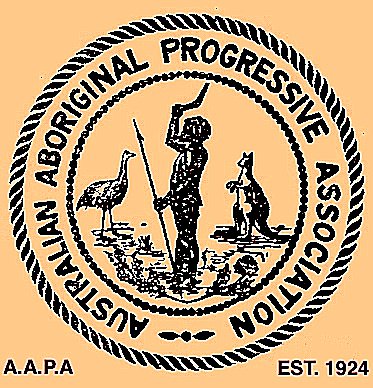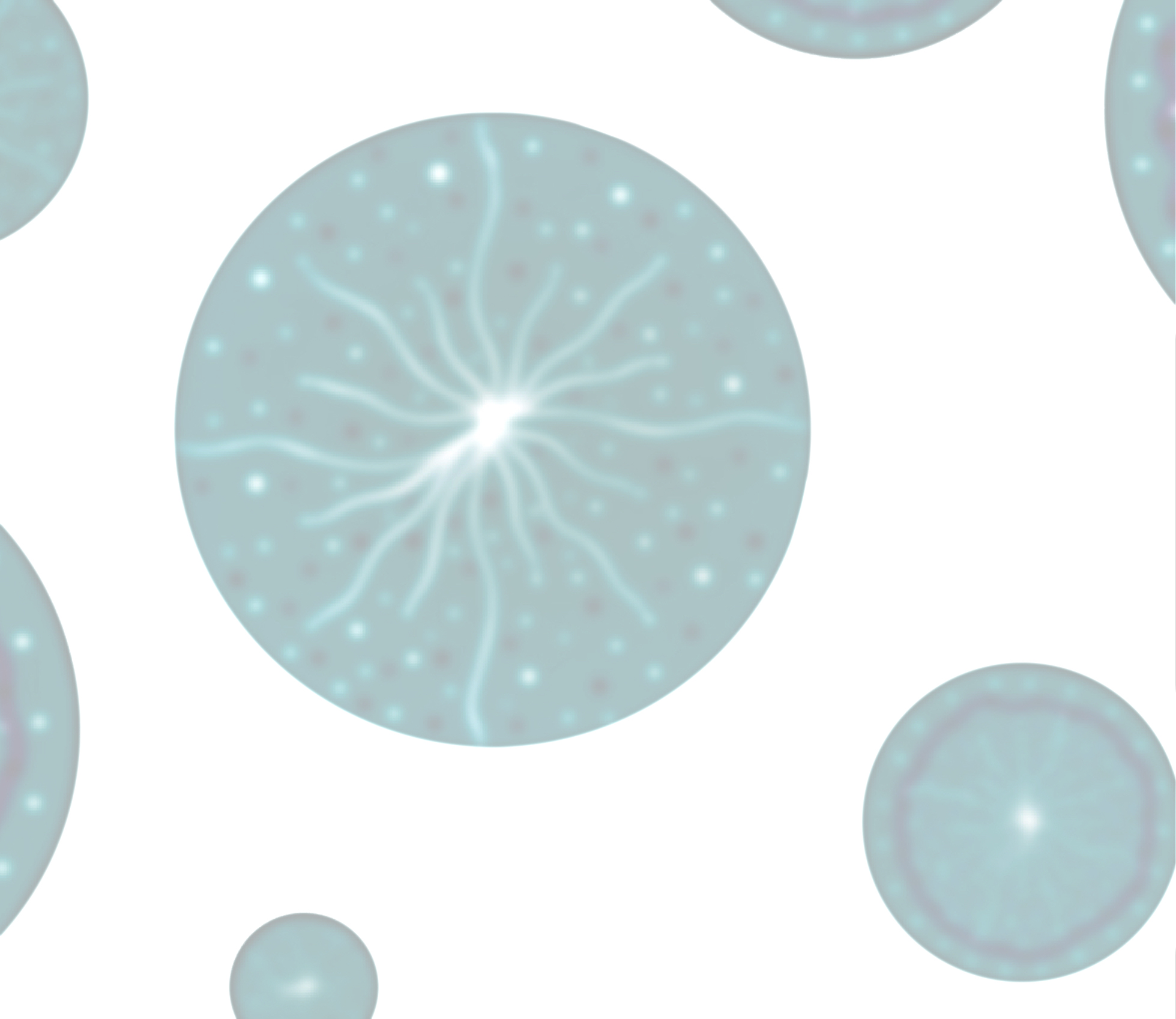Aboriginal people have been resisting colonisation from the time of first contact but began formally advocating for their rights in the 1920s, with the formation of the Australian Aborigines Progressive Association* (AAPA). AAPA is recognised as the first politically organised Aboriginal activist group in Australia. Established in 1924 by Hunter River Koori man Uncle Fred Maynard (Koori is a word for Aboriginal people from New South Wales), AAPA campaigned for the rights of Aboriginal people, land rights, equal citizenship rights and ending the removal of Aboriginal children from their families and communities. AAPA grew to around 600 members, 13 branches and four sub-branches across NSW.
AAPA organised street rallies and protests, petitioned political leaders, held conferences, and wrote to newspapers. Groups of up to 700 people regularly attended conferences where speakers spoke in their own language to address issues such as Aboriginal self-determination and equality. Pressure from police and government led to the ending of the group’s far-reaching public activity in 1927, however some members worked more privately together through the 1930s. AAPA’s was reactivated by spokesperson Jack Pattern in 1937 and renamed the Aborigines’ Progressive Association* (APA) - the group focused protested about economic discrimination and land rights.
We have used historical terms; however, ‘Aborigine’* is no longer used or accepted when referring to Aboriginal or Torres Strait Islander peoples.

The logo of the Australian Aboriginal Progressive Association. Image: NA
© Professor John Maynard
